落語を見に行ってきた! We Went to See Rakugo at the Brighton Fringe And It Was All Kinds of Awesome
/落語を知っていますか。聞いたことありますか。
Rakugo o shitte imasu ka. Kiita koto ga arimasu ka.
Do you know rakugo? Have you ever heard of it?
The first time I heard of rakugo (落語), I was at a weekly Japanese conversation club in Nagoya in 2011, and the teacher was telling me about an event they were holding the following week.
"This man Sunshine-san is very famous," she told me. "He does traditional Japanese comic storytelling in English."
"Hmm," I thought to myself. "I don't want to see a show in English. I didn't come to Japan to watch stuff in English!"
Well, six years later I saw that same show right here in Brighton, and wow, was I wrong.
My teacher wasn't wrong when she told me that Katsura Sunshine is famous. He's the first ever western storyteller in the history of the “Kamigata” Rakugo tradition, and the second western Rakugo performer ever in the history of Japan.
A post shared by Sunshine Rakugo (@katsurasunshine) on May 6, 2017 at 12:34am PDT
Rakugo means "falling words", which perhaps sounds a bit vague in English but makes a bit more sense in Japanese. Raku (落) means fall, and the same kanji as ochi (落ち) which is the Japanese word for "punchline". Each comic story ends with an abrupt turnaround - a punchline.
The storyteller sits on stage in seiza (正座), the formal Japanese kneeling position, and tells stories using only a fan and a small cloth as props.
So I thought this might be an ideal spring trip for my students - accessible and fun! Plus, I really wanted to go and see what all the fuss was about.
A post shared by Sunshine Rakugo (@katsurasunshine) on May 7, 2017 at 3:47am PDT
We went last Sunday, the last night Sunshine was playing at the Brighton Fringe. There were thirteen of us and the theatre was super tiny, so we took up about half the seats.
I needn't have worried about the show being in English - the subject matter is basically all Japan! And there were plenty of jokes about the complexity of the Japanese language, and the entertaining perils of being abroad in Japan. That got a lot of laughs from our group...
A lot of the stories (dialogue etc.) is actually left untranslated from Japanese, which is great I think. You can pick up some Japanese words from context, but the show makes sense even if you don't speak Japanese.
The first half of the show was kind of like stand up (except of course he's sitting down) and the second half is storytelling. It was way more fast-paced than I expected.
↓ Post-rakugo pint
I should probably have gone and seen him in Nagoya six years ago...but I'm glad I got a second chance!
I won't spoil the show for you - you should go and see it if you get the chance - but you can check him out on YouTube if you'd like to hear what rakugo in English might be like.







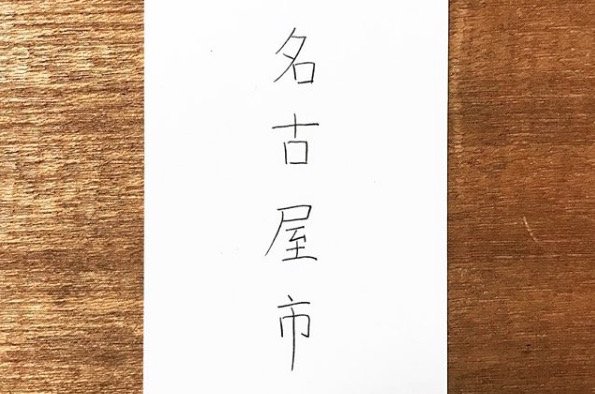

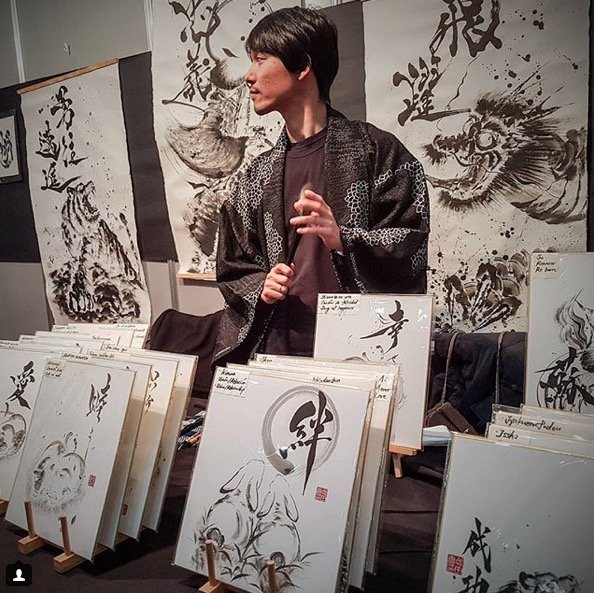
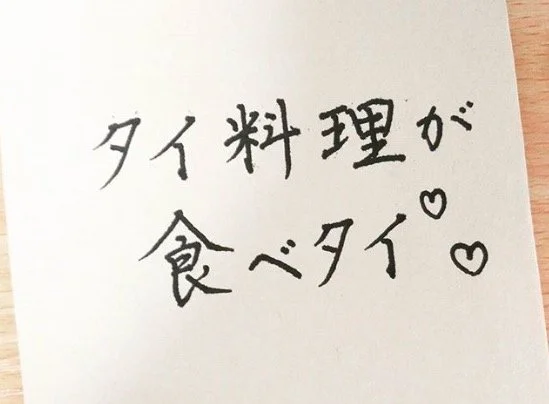
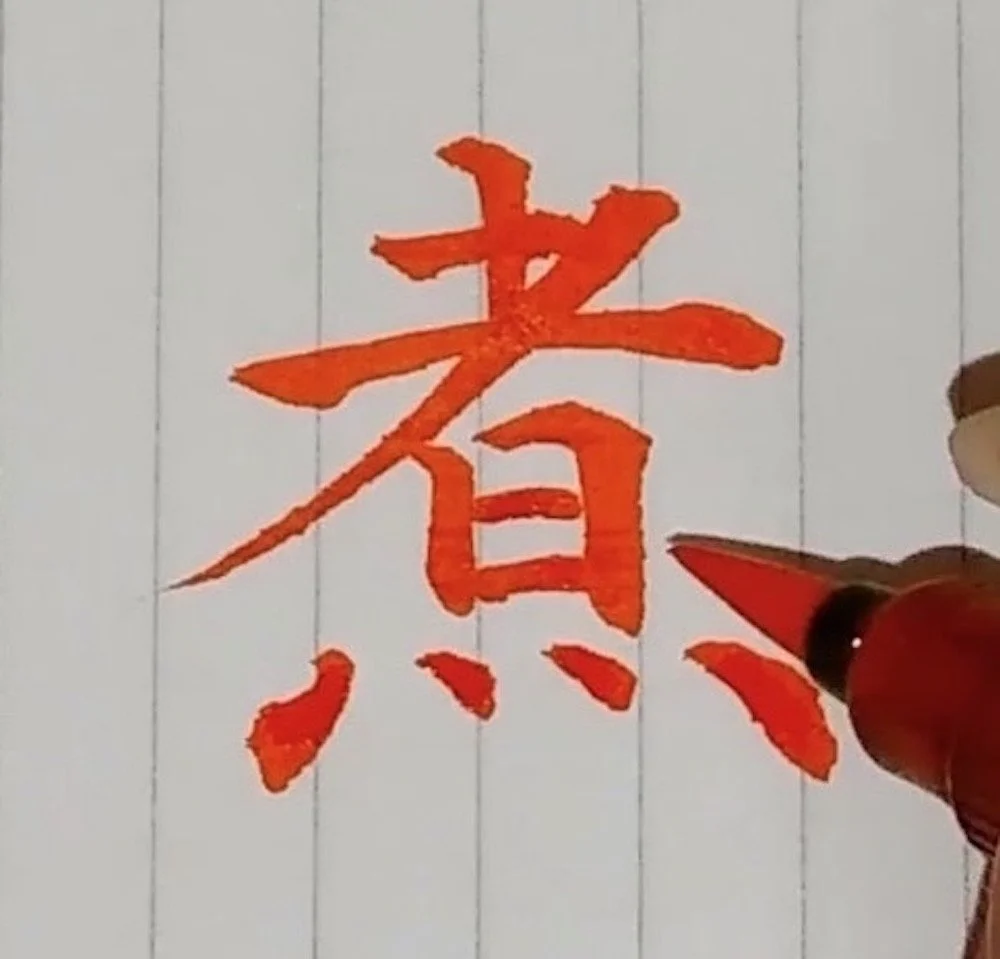
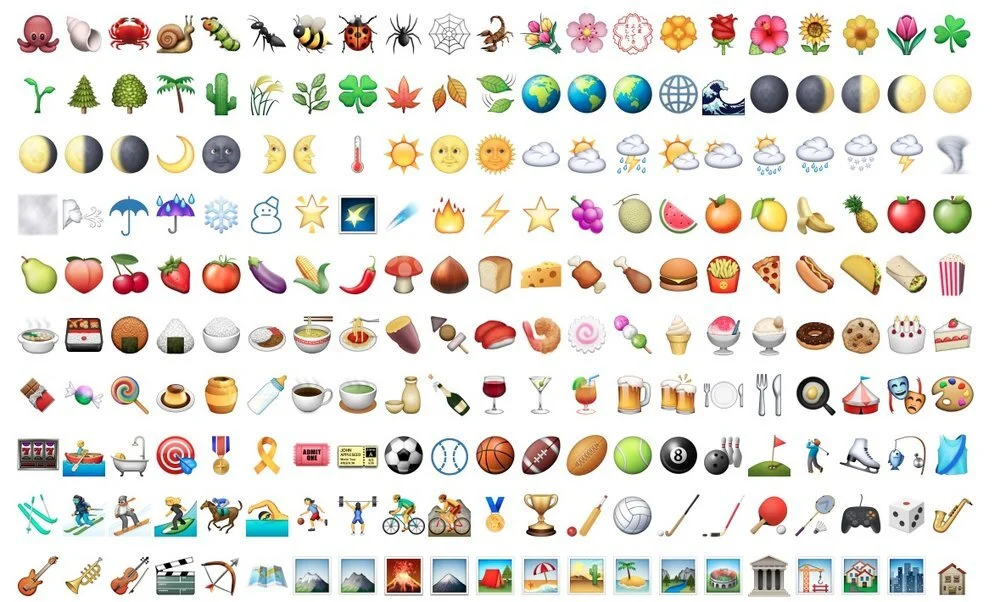


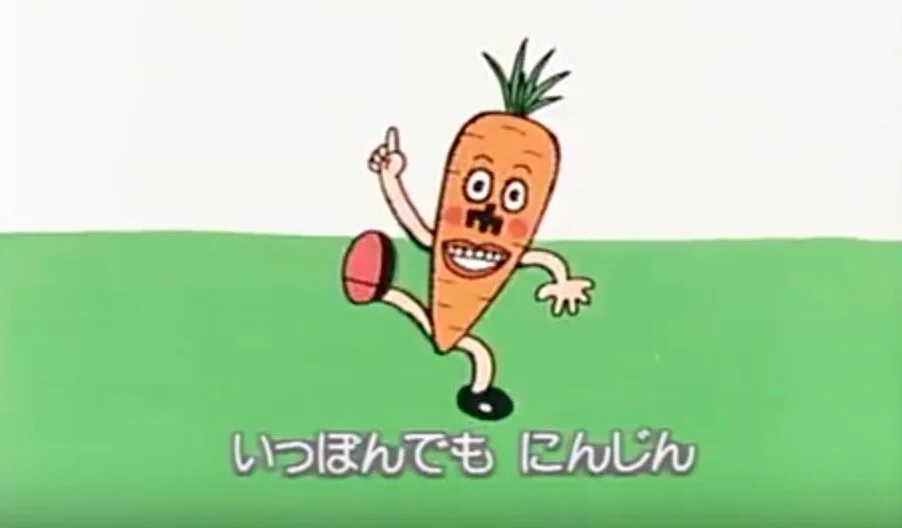


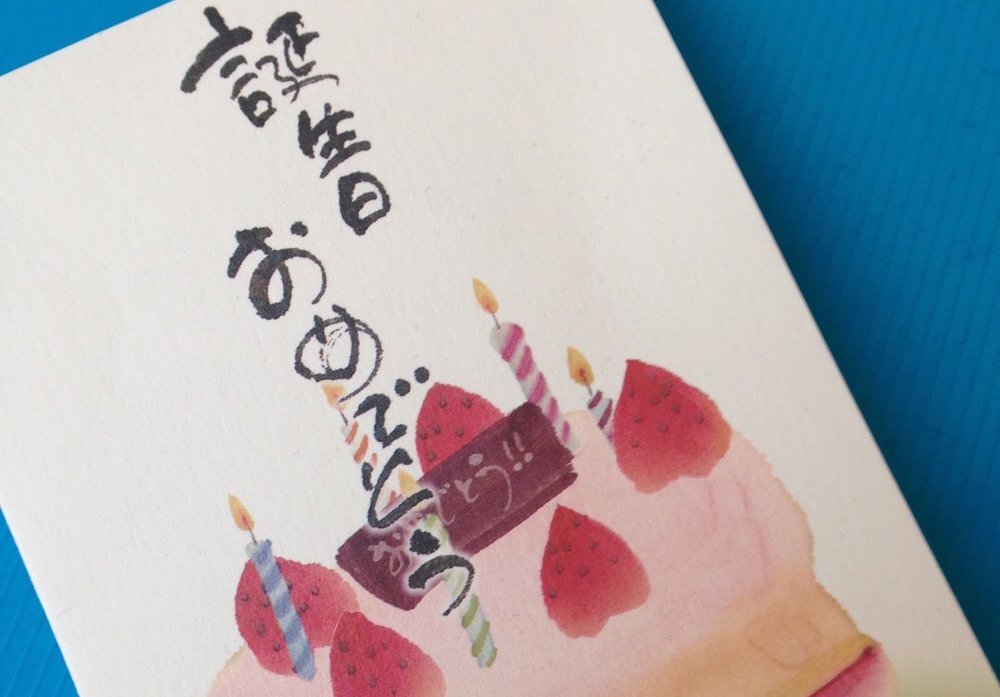




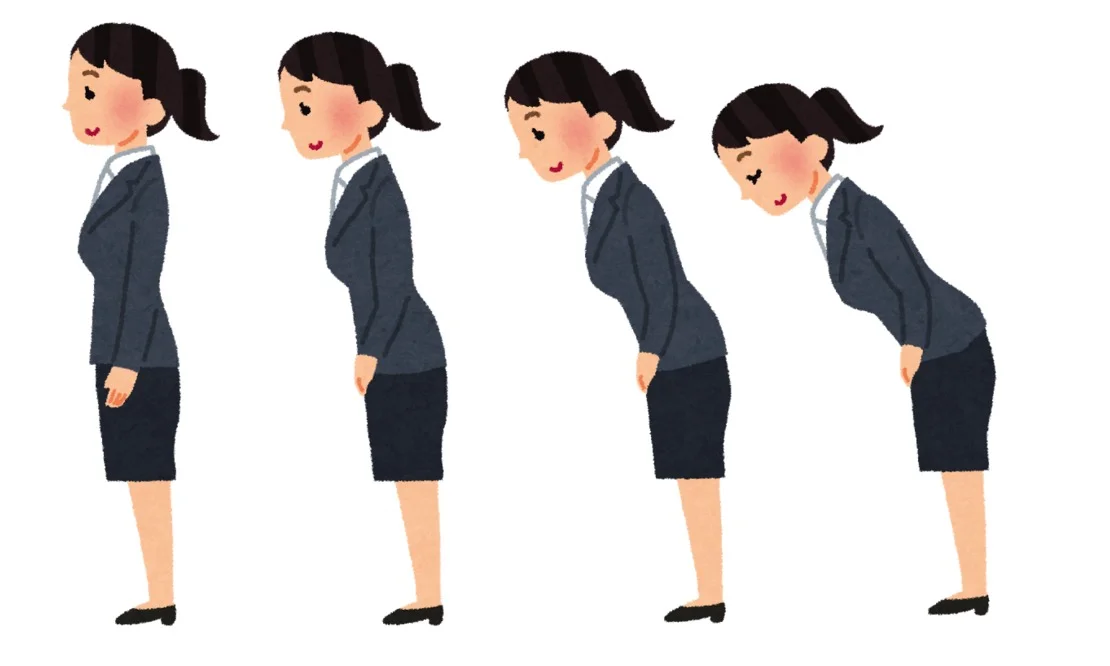








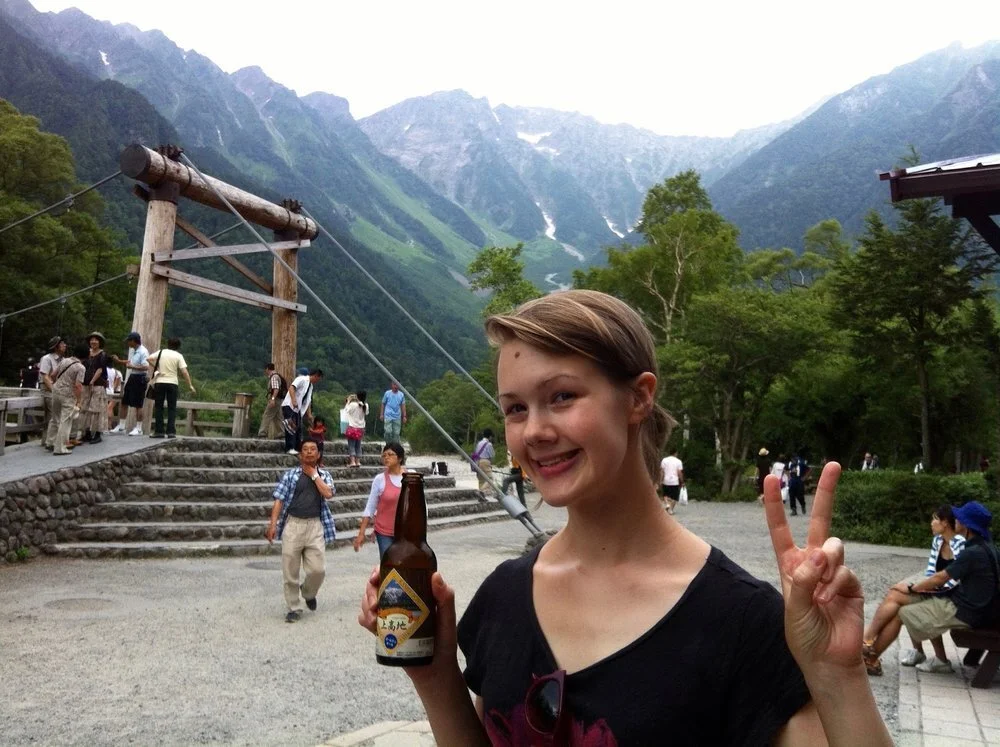
Like many people in the UK, I studied French in school. I liked French. I thought it was really fun to speak another language, to talk with people, and to try and listen to what was going on in a new country. (Still do!)
When I was 14 we went on a school exchange to the city of Reims, in northeastern France. I was paired with a boy, which I’m sure some 14-year-olds would find very exciting but which I found unbearably awkward. He was very sweet and we completely ignored each other.
That was nearly 20 years ago, and I didn’t learn or use any more French until, at some point in lockdown, I decided on a whim to take some one-to-one lessons with online teachers. Here are some things I learned about French, about language learning, and about myself.